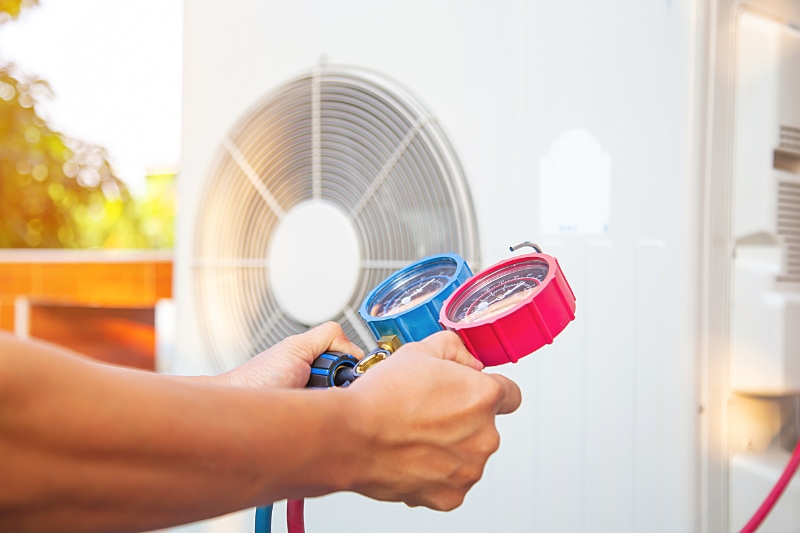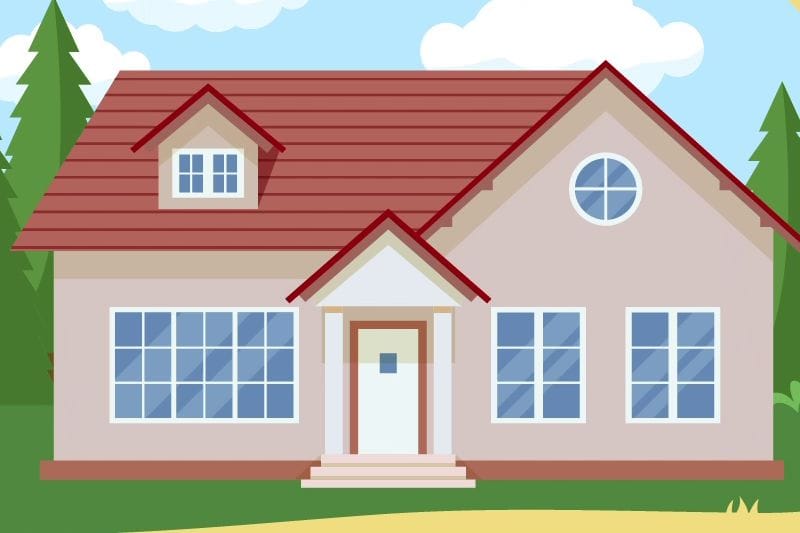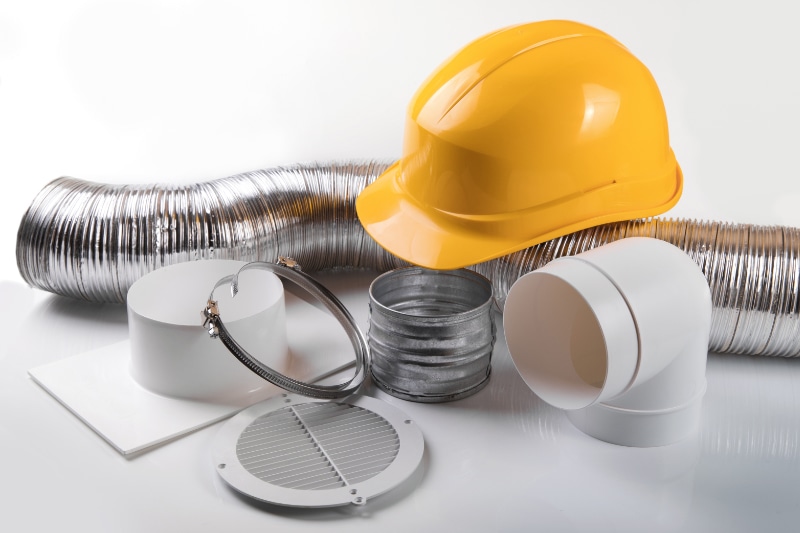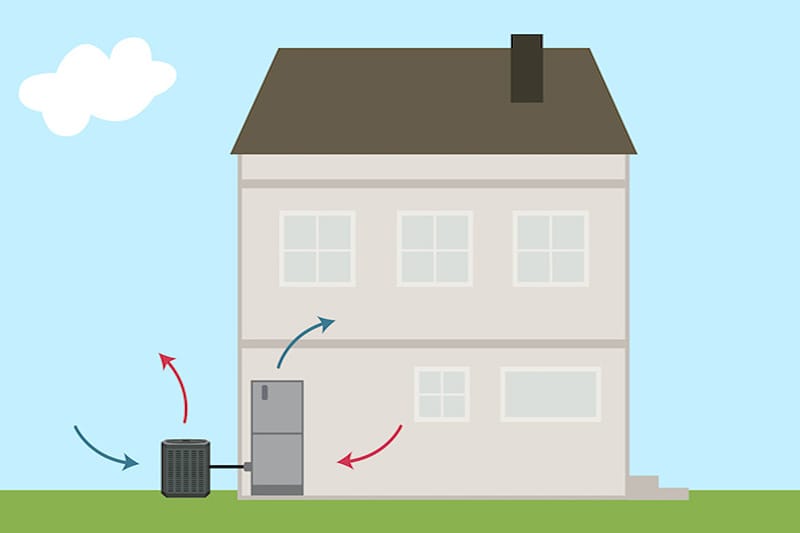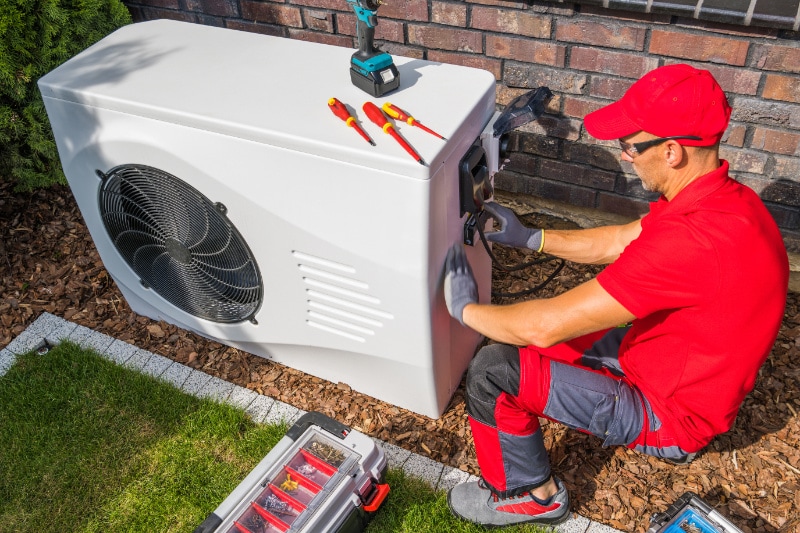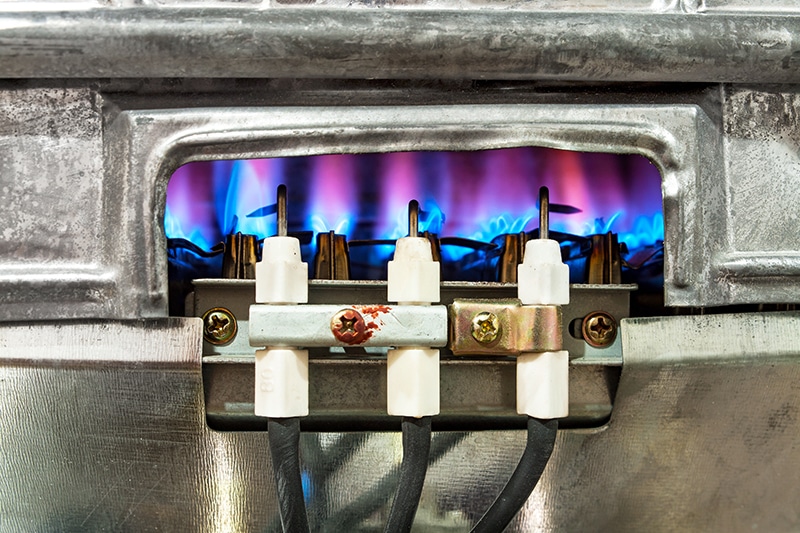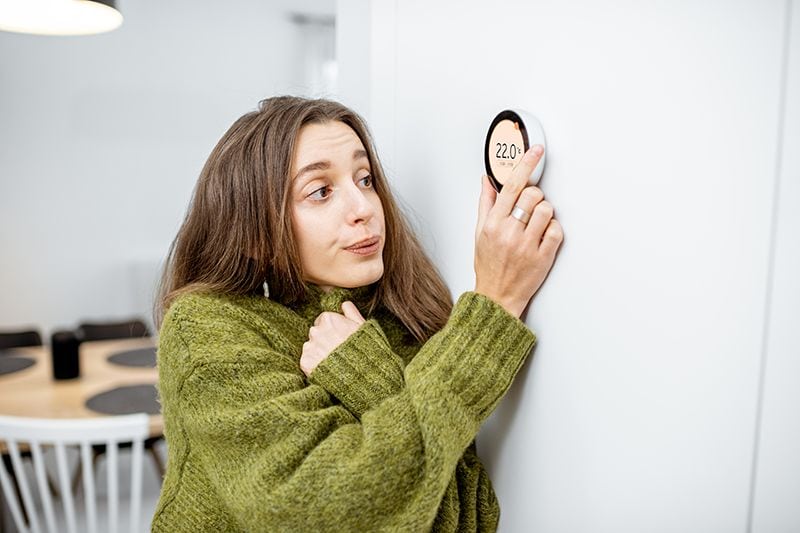News
In some ways, heat pumps have an edge over the traditional combination of a furnace and central air conditioning (AC) unit. However, no two households are the same, and each option has its pros and cons That’s why Gross Heating & Air Conditioning is pleased to offer a variety of heating, ventilation, and air conditioning (HVAC) products tailored to your Brookfield living needs.
Continue ReadingIndoor air quality is on everyone’s mind but how do you know what equipment is right for your home?
Continue ReadingEven though our Gross Heating & Air Conditioning ventilation, and air conditioning (HVAC) experts are always here for you, as a Brookfield homeowner, you should know at least a little something about your heating and cooling system. Knowledge is power after all. It Is Always Flue Season Understanding some basics about your furnace flue can…
Continue ReadingA heat pump is a device that transfers heat from one place to another, from inside your home to outside or from outside to inside. In the winter a heat pump works like a heater, extracting heat energy from outside and transferring it inside. In the summer the process reverses and it will remove heat from your home and transfer it outside similar to an air conditioner.
Continue ReadingSo you are looking to invest in a heat pump. You are not alone––many Americans are making the switch. Why? For starters, heat pumps are generally more efficient than a traditional heating, ventilation, and air conditioning (HVAC) system. What is more, they offer both heating and cooling, so they are versatile.
Continue ReadingYou turn on your furnace, and you smell gas. What should you do?
Continue ReadingYour helpful neighbor suggested the issue you are having with your gas furnace sounds like it could be due to a cracked heat exchanger.
Continue ReadingWhy are you heating and cooling your home when you are not there? Being able to control your thermostat when you are away is one of the most cost effective energy improvements you can make in your home. Contact us today to learn more!
Continue ReadingHomeowners generally favor heat pumps for their efficiency. However, a number of common issues can cause them to run very inefficiently.
Continue ReadingUpgrade your furnace for increased energy efficiency and heating cost reduction.
Continue Reading
